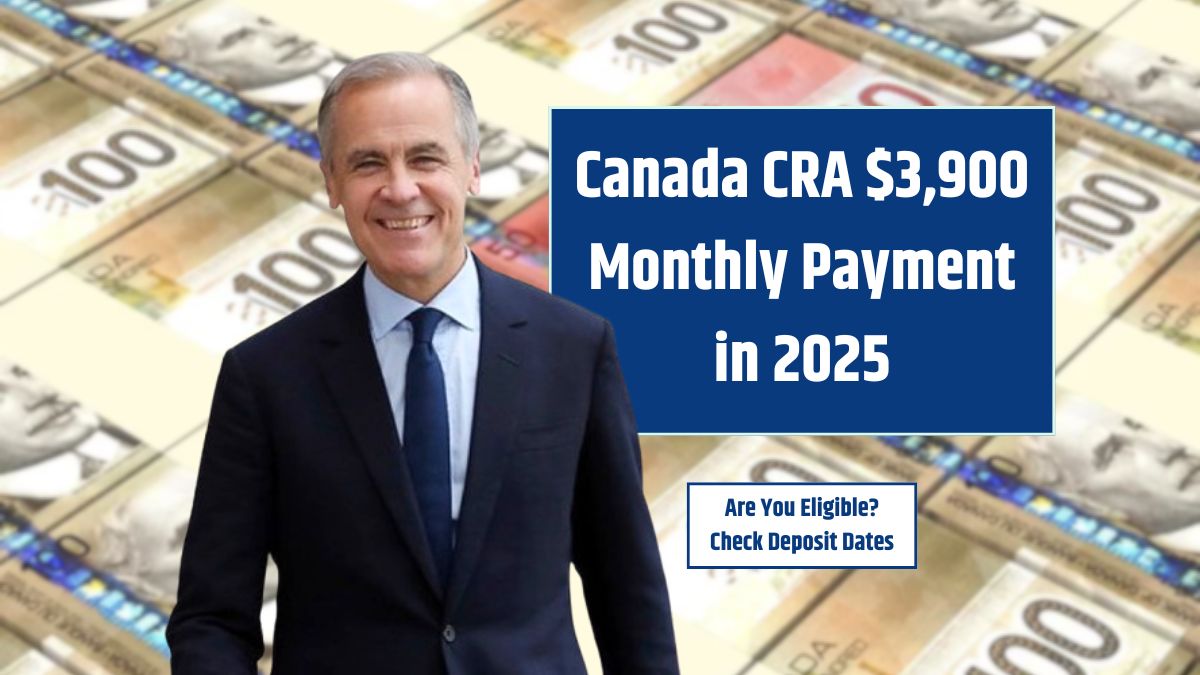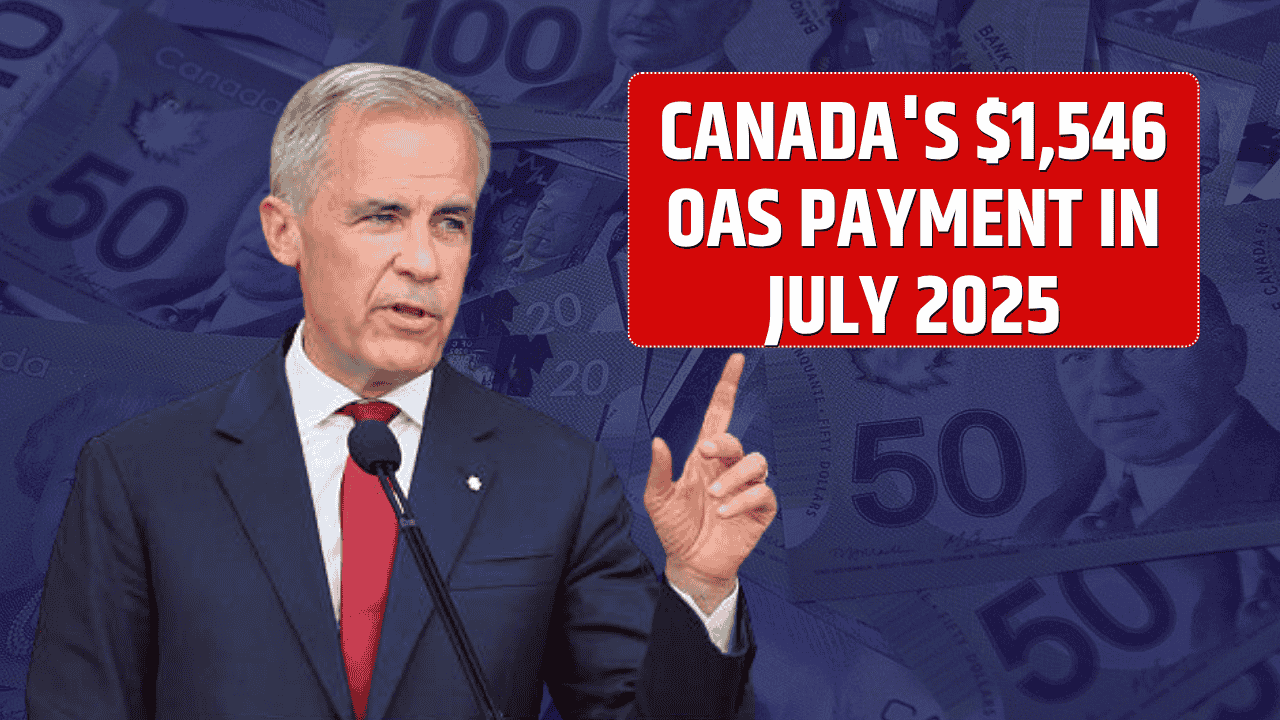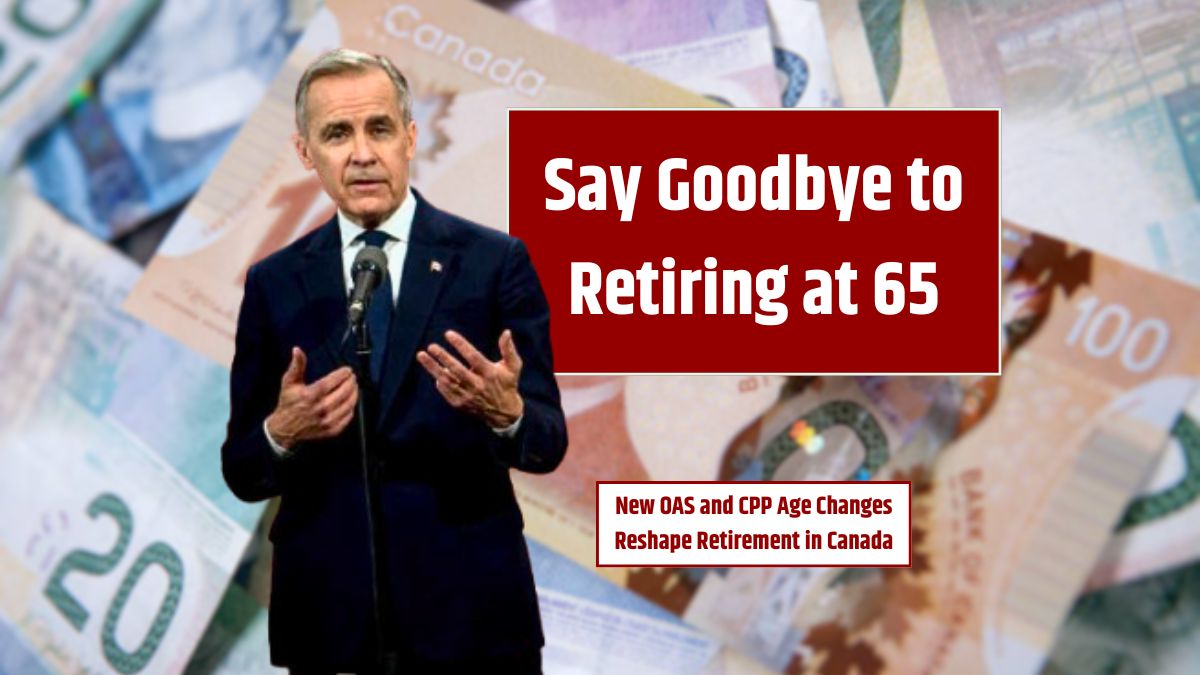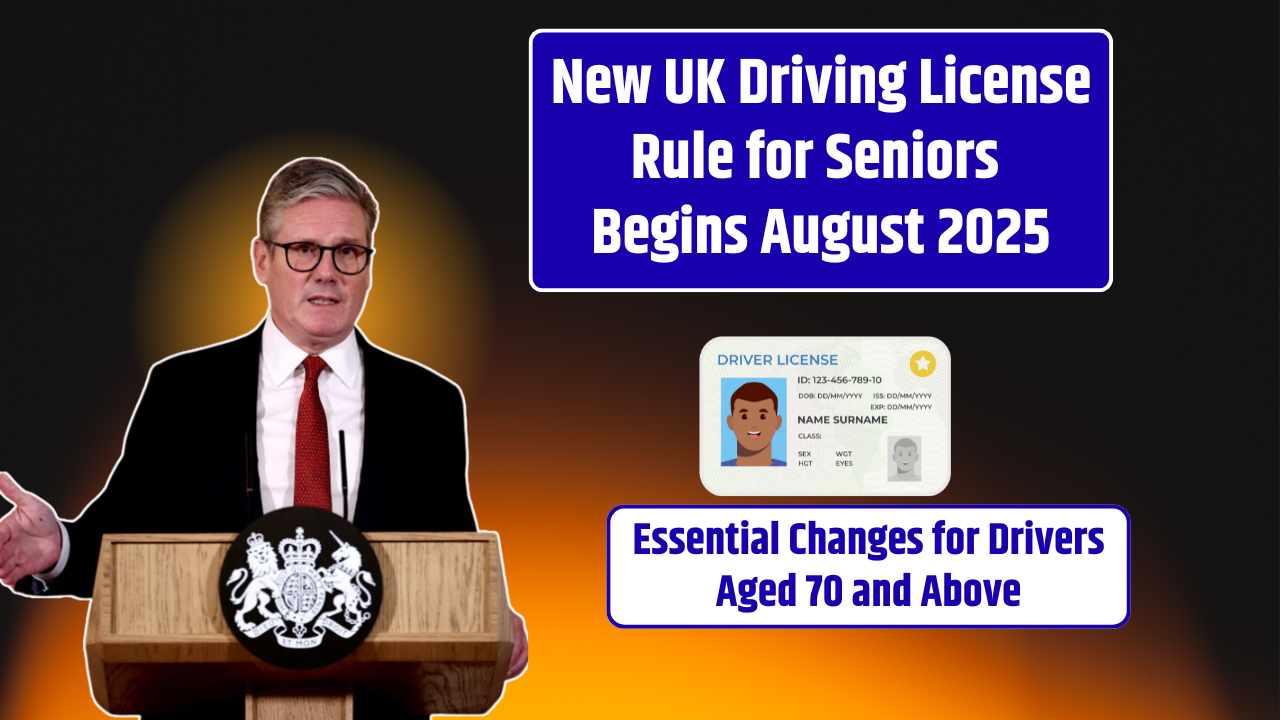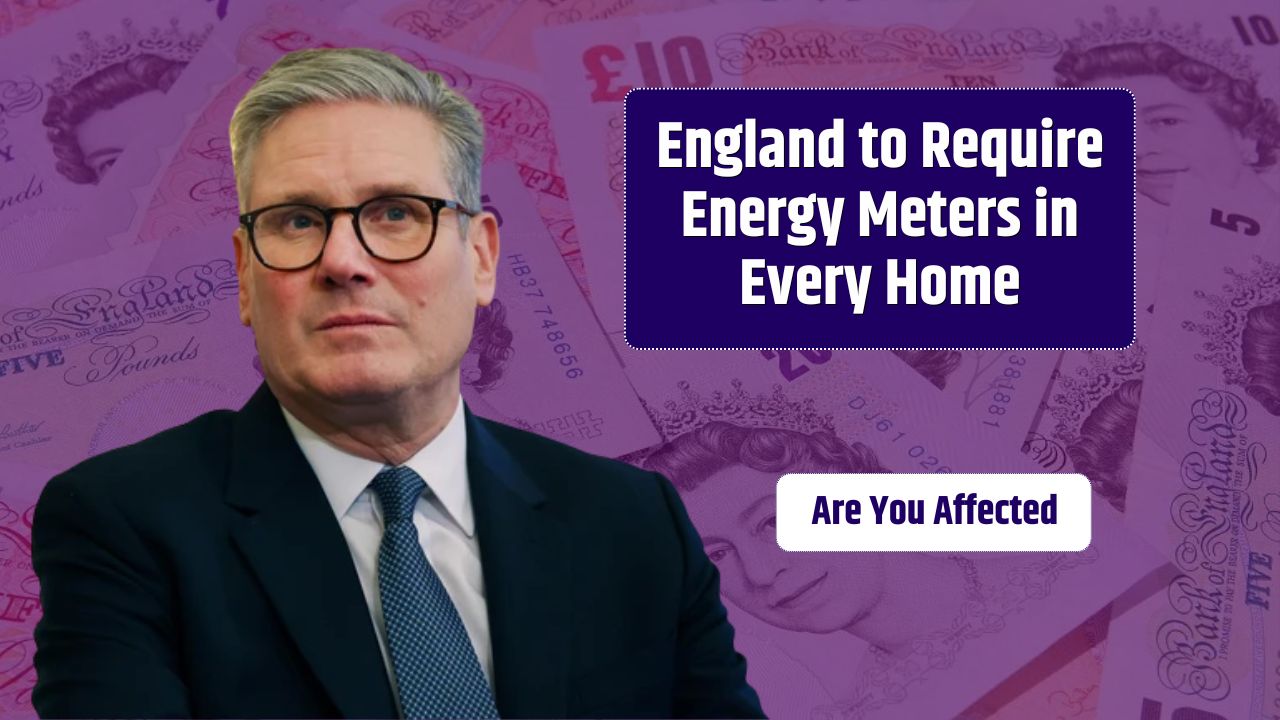Government programs don’t just emerge from political will—they’re often shaped by deep research and evidence. U.S. federal agencies regularly rely on data, studies, and evaluations to design, refine, and improve social programs aimed at public well-being.
This use of research helps ensure programs are not only effective but also accountable and responsive to the needs of Americans.
Table of Contents
The Role of Research in Federal Policy
Federal agencies such as the Department of Health and Human Services (HHS), Department of Education, and the Department of Housing and Urban Development (HUD) all integrate research into the development of programs.
This research comes in many forms: long-term studies, pilot programs, evaluations of existing efforts, and more. Agencies use this information to assess what works, identify gaps, and inform budgetary decisions.
Evidence-Based Policy Making
A key concept in how agencies operate is “evidence-based policymaking.” This approach ensures that policy decisions are grounded in reliable data and proven outcomes. The Foundations for Evidence-Based Policymaking Act of 2018 formalized this practice across government departments, encouraging the creation of learning agendas, evaluation plans, and improved access to data.
Agencies now must:
- Develop annual evaluation plans
- Appoint Chief Evaluation Officers
- Promote data transparency
This structure helps align funding with strategies that have demonstrated success.
How Research Informs Program Design
When launching or reforming a social program, agencies rely heavily on prior research. This can include:
- Randomized Controlled Trials (RCTs) to test program effectiveness
- Longitudinal studies that track outcomes over time
- Meta-analyses that aggregate findings from multiple studies
For example, the Department of Education uses research to support literacy interventions or special education support, while HHS applies data from public health studies to refine Medicaid, SNAP, or child welfare programs.
Pilots and Demonstration Projects
Agencies often fund small-scale pilot programs to test new ideas. These pilots are critical tools for experimenting without the cost of full-scale implementation. Once data is gathered and analyzed, successful approaches may be scaled nationally.
Example:
| Agency | Pilot Project | Purpose | Outcome |
|---|---|---|---|
| HUD | Moving to Work | Housing flexibility for local agencies | Helped redesign housing vouchers for better local use |
| HHS | Maternal, Infant, and Early Childhood Home Visiting (MIECHV) | Support for at-risk families | Demonstrated improved health and development outcomes |
Continuous Program Evaluation
Research doesn’t end after a program is launched. Federal agencies continue to monitor and evaluate performance to make real-time improvements. This helps ensure taxpayer dollars are used efficiently and services remain effective over time.
Agencies also collaborate with independent evaluators, universities, and think tanks to maintain objectivity and scientific rigor. These partnerships allow federal programs to adapt to changing social conditions or uncover unintended consequences.
Data-Driven Funding Decisions
Many federal grant programs now require applicants to demonstrate the use of evidence in their proposals. This has encouraged nonprofits and state agencies to collect data, measure outcomes, and adopt practices backed by strong research.
Programs like the Evidence-Based Policymaking Commission and the What Works Clearinghouse help centralize findings, making it easier for agencies and practitioners to identify effective models.
Using research also helps programs earn bipartisan support—since the focus is on what works, not ideology.
U.S. federal agencies are increasingly building smarter, more responsive social programs by grounding their decisions in solid research. This shift toward evidence-based policymaking ensures that public resources target the most effective strategies, and that programs evolve as new insights emerge.
FAQs
What is evidence-based policymaking?
It’s an approach that uses reliable research and data to inform government decisions, ensuring policies are effective and grounded in evidence.
Why do agencies use pilot programs?
Pilots allow agencies to test new ideas on a small scale before committing to full-scale implementation, reducing risk and improving program design.
Which agencies use research in policymaking?
Nearly all federal agencies do, including HHS, HUD, DOE, and the Department of Labor, especially after the Evidence Act of 2018.






